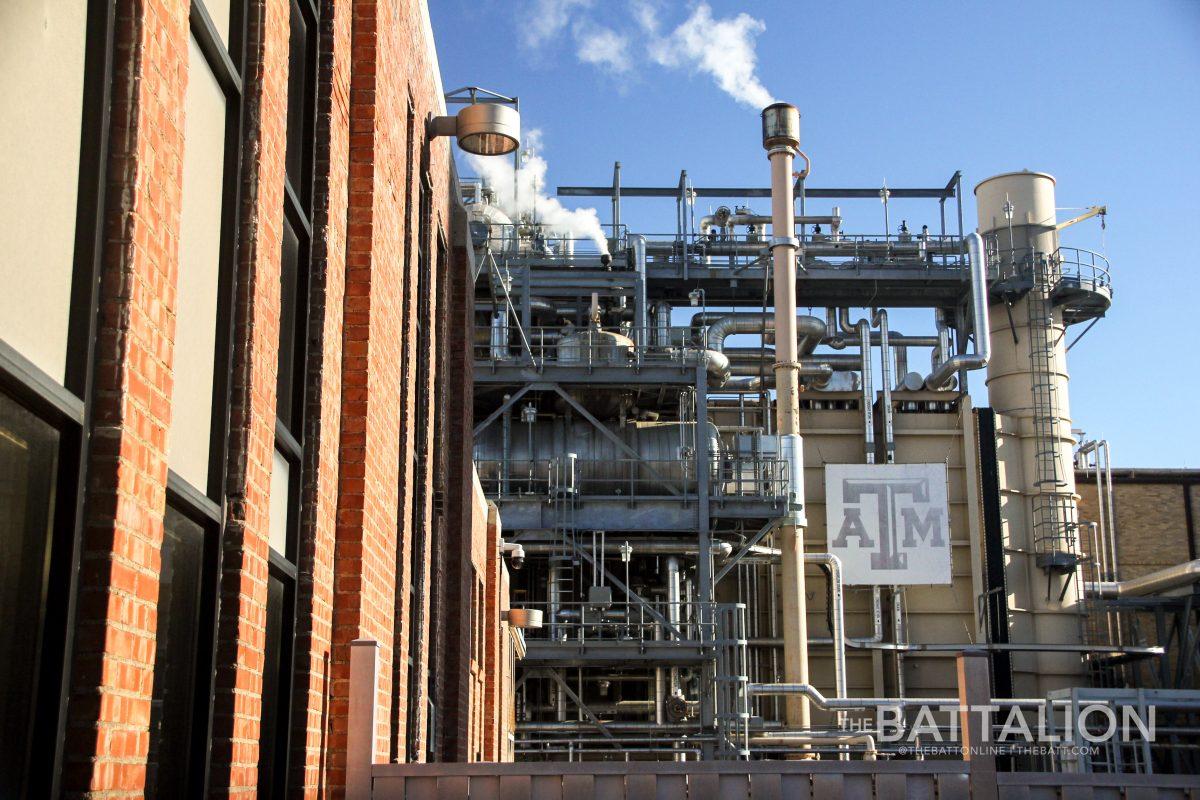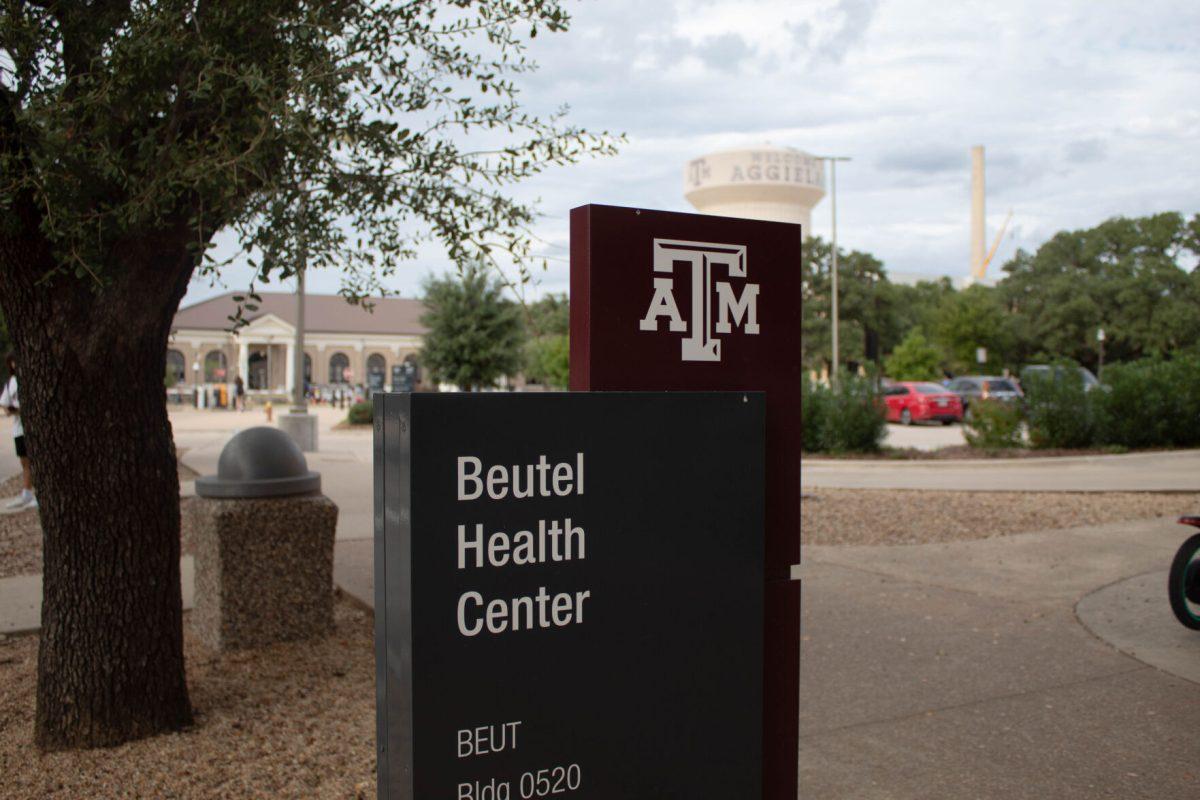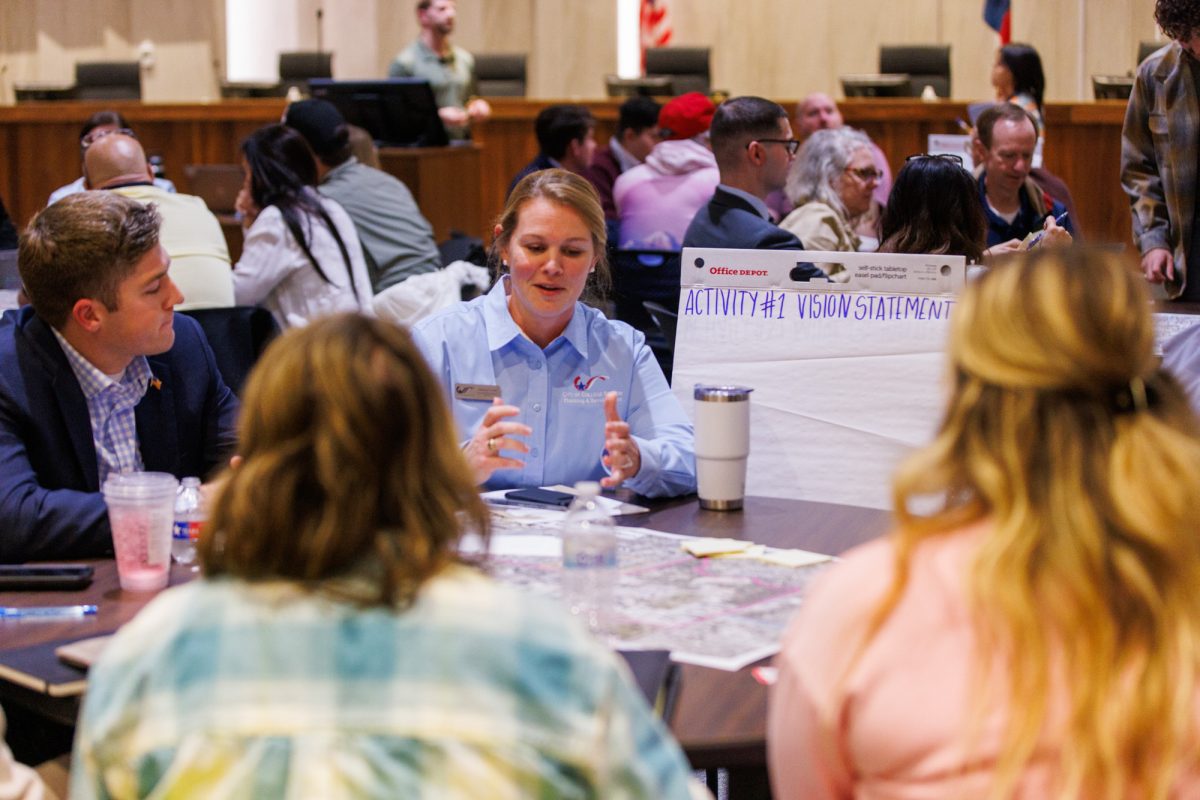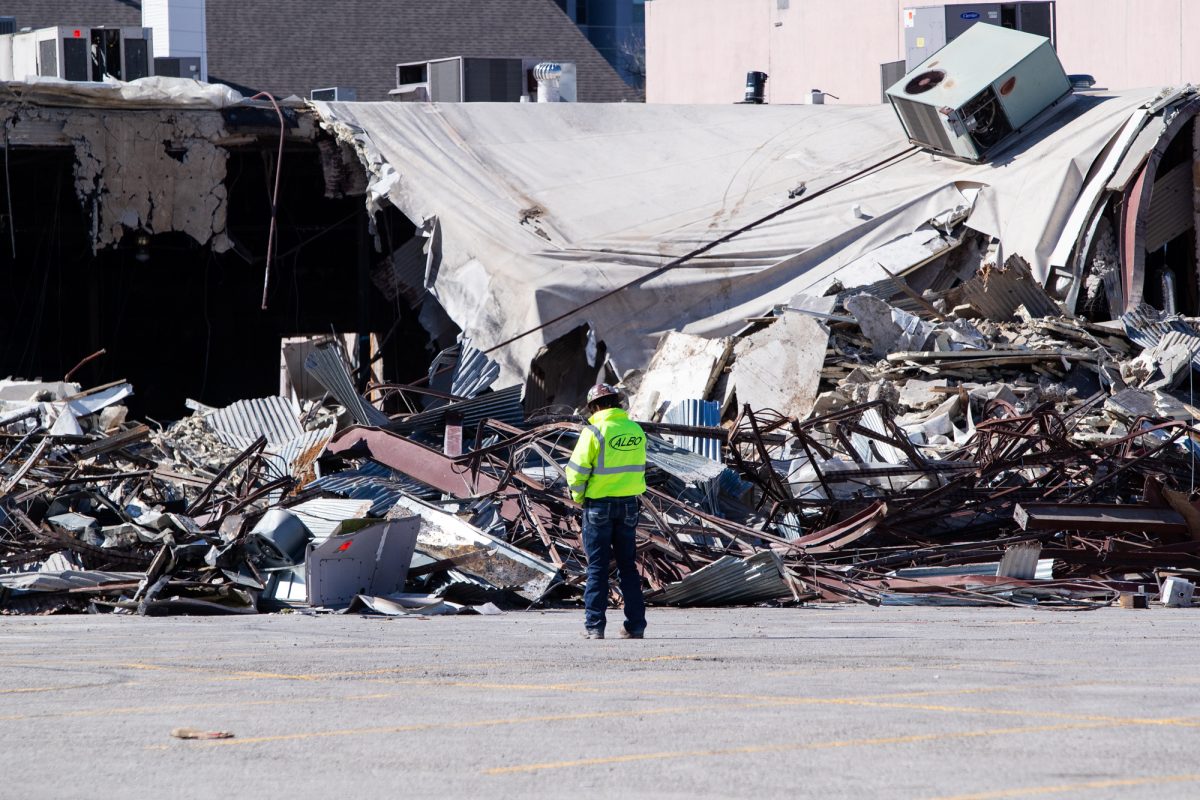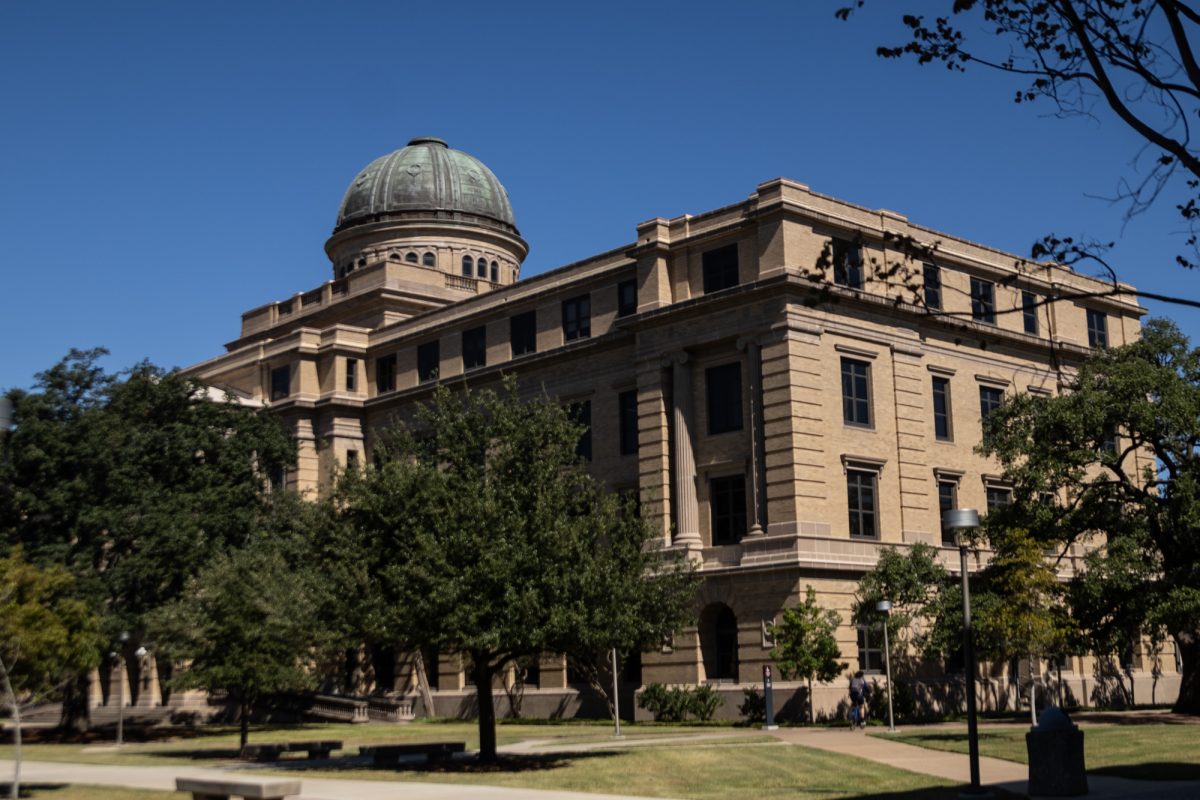Almost a year after Texas’ historic freeze, many are worried the state’s power grid will fail them again.
Last February is difficult to forget for Texans, as millions were left with no access to water, heat or electricity for days. Data from the Texas Department of State Human Services shows that 151 individuals died from causes related to February’s extreme weather conditions and power outages. This year, cities across the state are preparing for the possibility of another winter catastrophe.
The City of College Station’s water resource coordinator Jennifer Nations said utility crews were working night and day to help customers who had no access to water and frozen pipes last winter.
“Their behind-the-scenes efforts, as well as efforts of water utility operators around Texas, were fundamental in maintaining and restoring water service,” Nations said. “The front-line workers of utilities put in very long hours to maintain quality of life for their customers.”
College Station’s Fire Department saw a significant number of calls last February from individuals who had no water and electricity. This year, Nations recommends keeping your utility company’s number on hand.
“It’s important for people to know who their utility providers are: natural gas, electricity and water. Have the dispatch numbers available for those so that if you do run out of water, or if you are experiencing a power outage you contact the right provider,” Nations said.
Senate Bill 3, or SB3, is a piece of legislation passed by the state of Texas that requires water providers to have an emergency preparedness plan.
“There’s a specific template that’s laid out for that, and it lays out exactly what must be done and when. We’re following all of the procedures outlined in that,” Nations said. “That’s not necessarily just for winter weather emergencies, it would also be something that would come into play, for example, during hurricane season.”
However, Nations said the city’s water services already had an emergency plan in place last year.
“That is what Water Services used to maintain the integrity of our water system [last February].”
Additionally, Nations said she is doing everything she can to help residents prepare, including encouraging individuals to make their own emergency plan.
“If you lose power for an extended period of time or lose access to natural gas you’re not going to have hot water, so you’re not going to be able to do some of the things that you normally do,” Nations said. “So, have a contingency plan in place. Have extra blankets, extra firewood if you have a fireplace and non-perishable food.”
Another vital piece of information individuals must know before this winter is where their water shut-off is located, Nations said.
“Most homes will have them, but some older homes may not,” Nations said. “It’s usually in the water meter box, which is usually near the curb. There’ll be a valve in between the house and the water meter. Some newer homes may have the water shutoff valve inside the house.”
Nations said last winter, there was a spread of false information released about the state’s utility services.
“There were a lot of rumors that water utilities had to monitor and put out the rumor mill,” Nations said. “This was something that utilities all over Texas were dealing with. People thought that the water utility was going to shut off their water for some reason, and water utilities do not do that and we’re not going to.”
The City of College Station’s director of electric utility Timothy Crabb said College Station’s internal system didn’t really have any issues during the ice storm.
“We had probably 21 overloaded transformers that we had to address,” Crabbs said. “Our crews were ready should something happen. All of the things that happened in College Station were due to things outside our system, mostly the [Electric Reliability Council of Texas] transmission and generation system.”
College Station’s electrical systems were prepared last year, and this upcoming season is no different, Crabbs said.
“As far as preparing, we have a process for load reduction that is required by ERCOT. And that’s what we followed during the ice storm for the rolling outages,” Crabbs said. “We have a pretty hearty system, so we really did not have to do a whole lot during the storm.”
Crabbs said Texans should prepare for this winter just like any other extreme weather event.
“Keep a good supply of batteries and have a radio, so in case you do lose power, you can hear what’s going on. [Also] have some reserved ways of charging your cell phone,” Crabbs said. “Always have a supply of water and food for a couple of days in case you can’t get out to the grocery store — because it’s not about not having power, but not being able to travel to the grocery store to get those things.”
Additionally, Crabbs said he hopes the ERCOT is well prepared for the possibility of another ice storm hitting Texas.
“Ice storm Uri was a one in 100-year event. Everybody is preparing for something like that again. Will it happen? I don’t know. But hopefully the ERCOT system is better prepared than it was last year, should something like this happen to be able to cope with it,” Crabbs said.




